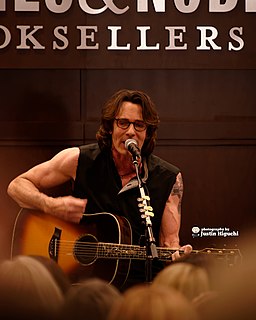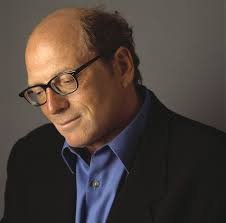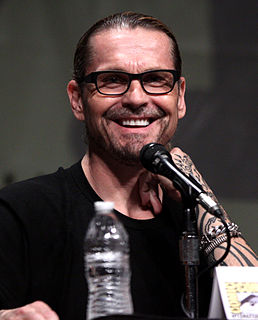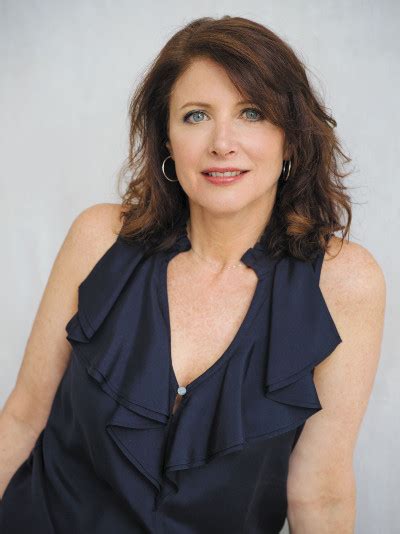A Quote by Nadine Gordimer
Nothing factual that I write or say will be as truthful as my fiction.
Related Quotes
Of cases where a man is truthful both in speech and conduct when no considerations of honesty come in, from an habitual sincerity of disposition. Such sincerity may be esteemed a moral excellence; for the lover of truth, who is truthful even when nothing depends on it, will a fortiori be truthful when some interest is at stake, since having all along avoided falsehood for its own sake, he will assuredly avoid it when it is morally base; and this is a disposition that we praise.
If you give a writer a pile of blank paper and say you can write anything you like on any subject you want at any length you want, you will probably never get anything at all, whereas if you have 900 words to write, and it's fiction that is somehow op-ed fiction, and it needs to tie in with Halloween . . . okay, those are my constraints, that's where I now need to start building something.






































